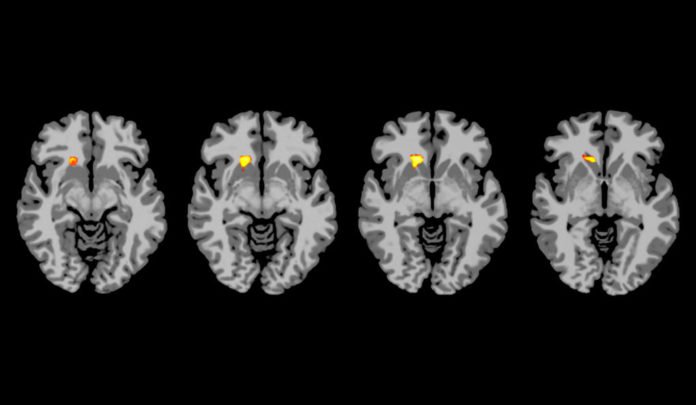A new Yale University suggests that the brains of individuals with type 1 diabetes respond distinctively to low glucose contrasted and sound grown-ups.
The study enlightens why many type 1 diabetics fail to respond to potentially dangerous drops in their blood sugar levels.
In solid, non-diabetic grown-ups, a drop in glucose animates the body to influence glucose and, furthermore to look for nourishment. Yet, numerous people with type 1 diabetes don’t have similar reactions to diminishes in glucose that can come about because of insulin treatment.
To examine why the Yale-drove group led MRI outputs of people with composing 1 diabetes and solid grown-ups who had been offered insulin to actuate low glucose. The mind pictures demonstrated that in sound people, low glucose caused changes in four key areas of the cerebrum that are connected to reward, inspiration, and basic leadership.
By differentiating, about a portion of the sort 1 diabetics displayed adjusted action just in zones of the cerebrum related to consideration. Whatever remains of the diabetics neglected to demonstrate any cerebrum changes in light of even mellow low glucose.
The distinction in the two gatherings of diabetics was that some still had what’s called “hypoglycemia mindfulness” — the capacity to detect the physical indications of low glucose — and the others didn’t.
The discoveries clarify why some write 1 diabetic who have adjusted to having low glucose don’t react when their glucose gets too low, the scientists said.
Janice Hwang, M.D., assistant professor of medicine, said, “There is a progressive loss of coordinated brain response to low blood sugar as you go from healthy adult to aware and unaware. The first areas of the brain to go are associated with regulating feeding behaviour.”
“The study can also help researchers determine how to restore low blood sugar awareness in patients who have lost it, Hwang noted. New technologies designed to monitor blood sugar, could play a part in that effort.”
The findings of their new study, were published in the Journal of Clinical Investigation.
